Travellers who want to spend their time abroad volunteering for a worthy cause are increasingly caught in a double bind. Their intentions may be noble, but the ‘voluntourism’ industry has exploited the widespread desire to combine volunteering and tourism, to the extent that certain programmes are doing more harm than good. If you really want to help where it matters most, do your research before signing up. Some things to watch out for:
Impacts on the Local Job Market
Ask yourself: “Am I uniquely qualified to do this job? Could a project pay locals to do the same work better?”
Relevant Qualifications
Would you get a job doing the same work in your home country? Without the appropriate qualifications, you can’t work with children in most Western countries, so why should you be allowed to work in an orphanage somewhere else? Also, does it feel like you’re applying for a job? It’s a good sign if your skills are being matched to the task at hand, and certain qualifications and experiences are required.
Emphasis on VOLUNtourism
If the programme puts the needs of the community front and centre, rather than focusing on the experience of the volunteers, you’re on the right track.
Here are some examples of projects who put volunteer labour to good use:
Help with Reforestation in India
Sadhana Forest is a successful reforestation project run by a large international community. Volunteers are invited to stay and participate in the sustainable lifestyle free of charge, with a small contribution to cover the cost of the vegan meals served communally. The project is part of the eco-utopian experimental township of Auroville, close to Pondicherry. Much like Auroville, it has an air of a self-realisation project for Westerners, but is consciously counteracting the exclusion of local Tamil communities, for example through the “Children’s Land” initiative for children from the surrounding village, and by replenishing nearby wells.
View this post on Instagram
View this post on Instagram
Provide Medical Care at EU Borders
Medical professionals can do profound good in underserved communities and crisis regions. If a year with Doctors without Borders sounds too daunting, the nonprofit Medical Volunteers International accepts volunteers for shorter periods, providing medical humanitarian aid for people in need at the EU’s external borders. In addition to doctors, paramedics and nurses, they also need psychologists and translators.
[Image courtesy of Medical Volunteers International]

Offer Care for Children
Working in orphanages is a popular way to volunteer, but also one of the most harmful types of voluntourism. The income generated from tourists who want to work with cute kids and feel good about helping them incentivises institutions to “generate” orphans, even if those children might have living parents or could be placed in a family in their home country. Better Care Network, an international network of organisations dedicated to keeping children in families rather than institutionalised care, has a list of providers all over the world doing just that. Some of them offer volunteer placements that avoid the most common pitfalls of orphanage voluntourism.
[Image courtesy of Kinnected]
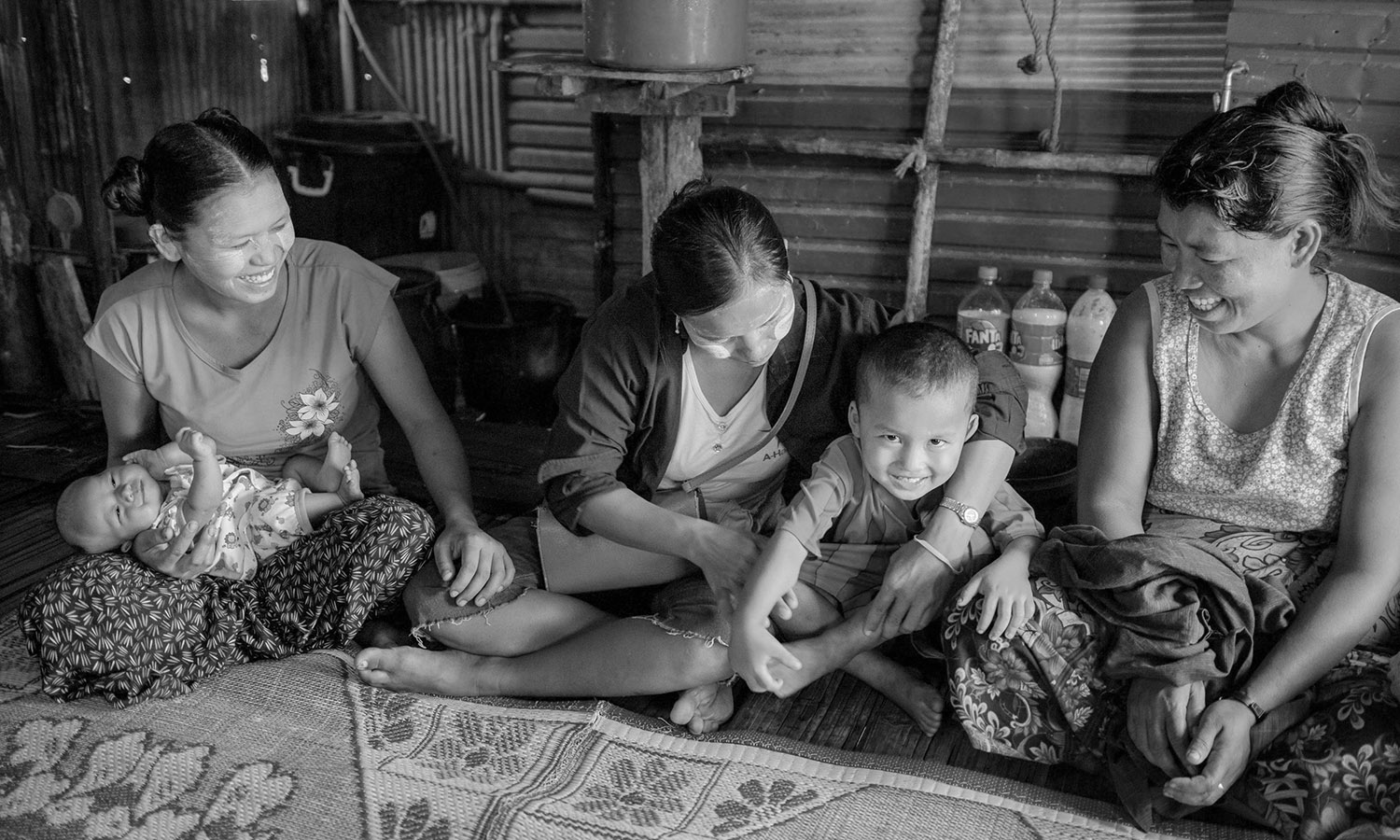
Assist Conservation Research in Madagascar
UK-based charity SEED works to conserve threatened forests and endangered species in rural Madagascar. They employ local staff to encourage sustainable community development, including healthcare, education and access to clean water. Volunteers support the local workforce on the conservation research programme, for example by monitoring endemic species like lemurs and chameleons, and collecting data. Long stays are encouraged, and costs are broken down into a mandatory donation that supports the projects, plus expenses.
View this post on Instagram
View this post on Instagram
Work on an Organic Farm (Anywhere)
Willing Workers On Organic Farms (WWOOF) is a huge network of international organisations, and the types of volunteering experiences offered vary accordingly. The one thing they all have in common is that organic farms host volunteers who, in turn, work four to six hours per day doing whatever needs to be done, usually physical labour. It’s a great way to gain farming, gardening or other experience (like cheese making or beekeeping, for instance), depending on the type of host you choose. It also offers the opportunity to experience authentic country life in beautiful, often remote, surroundings.
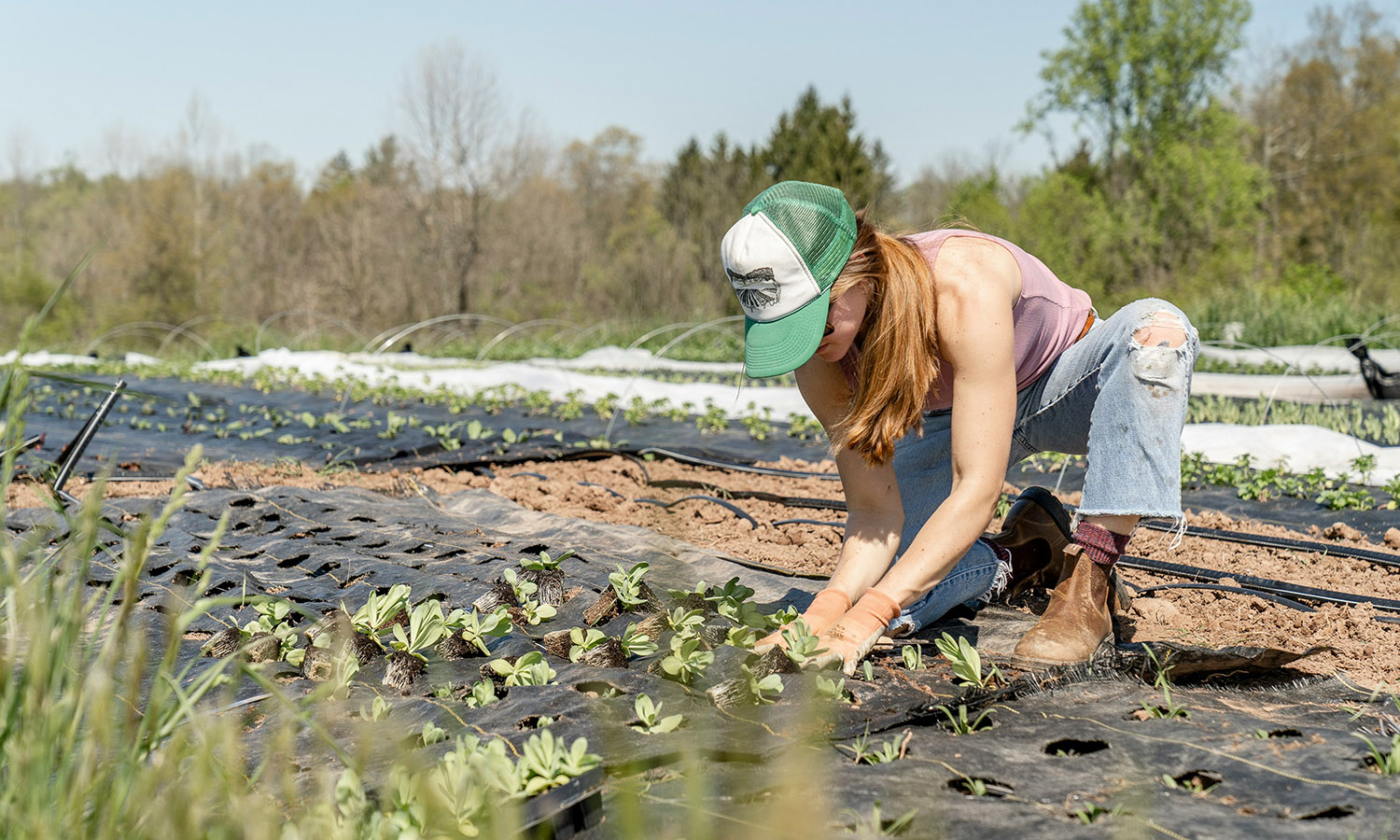
Contribute to Sea Turtle Conservation in Costa Rica
LAST (Latin American Sea Turtles) is a locally operated project founded by a biologist and part of an international scientific network dedicated to fighting the extinction of leatherback, green and hawksbill turtles. In projects on the Caribbean and Southern Pacific coasts of Costa Rica, volunteers collect data and secure nesting sites. Fees support the work of the non-profit, as well as the remote communities where it operates. Volunteers are housed in homestays, the organisation runs education programmes in local schools, and former poachers are hired as rangers, becoming part of the solution.
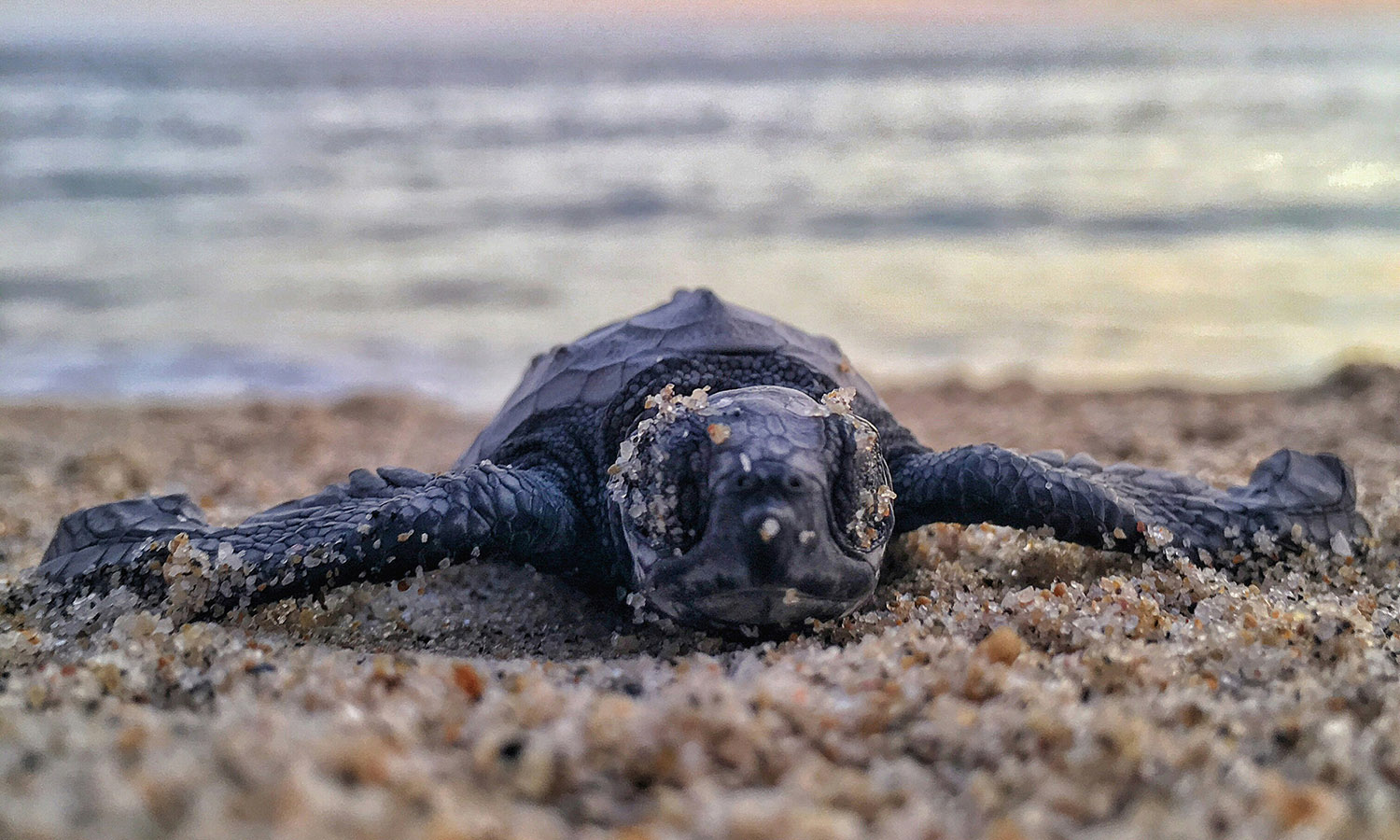
Support Digital Literacy in Developing Countries
If you’re not the hands-on physical labour type, perhaps you can put your computer skills to good use. The World Computer Exchange works to reduce the digital divide for youth in developing countries. The organisation refurbishes donated computers, loads them with educational software, and distributes them – to 3,600 classrooms for five million youth in 53 countries to date. Volunteers also run coding bootcamps and school clubs where youth acquire the skills needed to refurbish computers.
Learn Sustainable Marine Management in the Philippines
People and the Sea, founded by divers concerned about the threats to the underwater world, collaborate with coastal communities to protect vital ecosystems. The goal is to pair ecologically sound practices with an economic benefit, especially through sustainable fishing. Volunteers can support the local team and Filipino communities, all while being hosted in the homestay network the charity has set up.

Aid Elephant Conservation in Thailand
Elephant Nature Park in Chiang Mai has an excellent reputation and operates as a tourism business at scale. The sanctuary cares for animals that have been mistreated in other, less ethical, corners of the tourism industry. In the park, they form new herds and roam free. Volunteers help care for the elephants and other rescue animals, experience Thai hospitality for the duration of their stay, and contribute financially to the upkeep of the park.
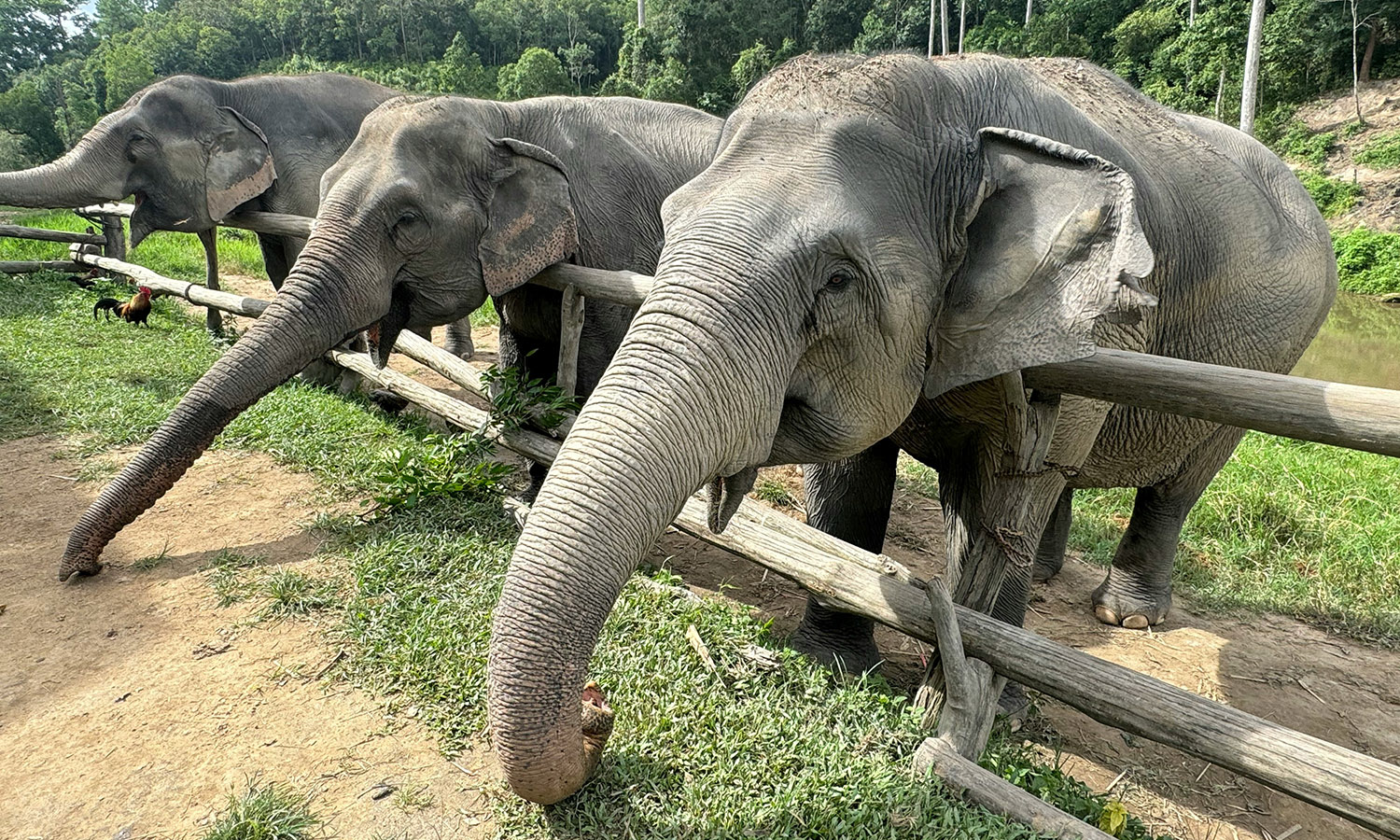

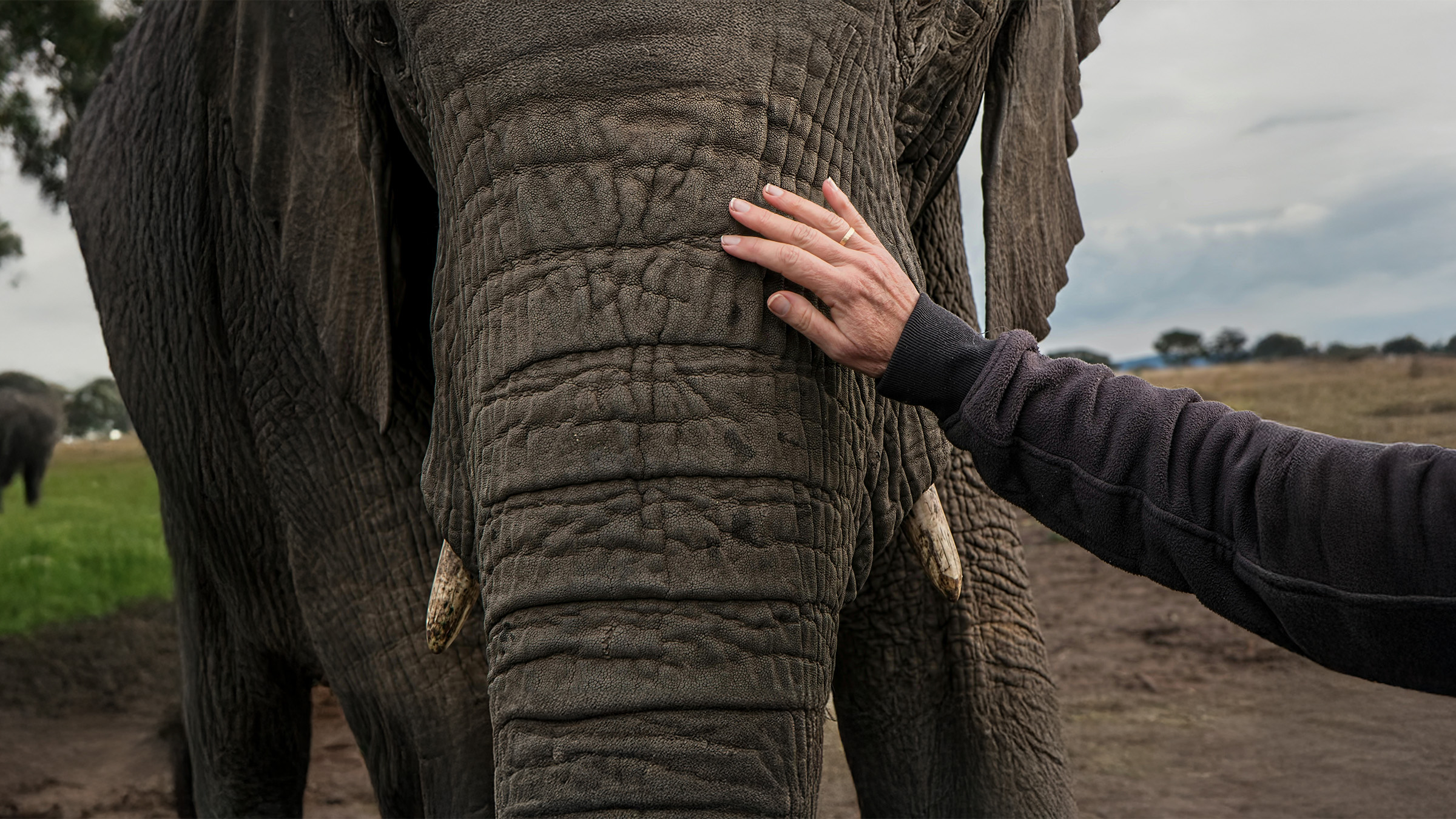












Sorry, the comment form is closed at this time.